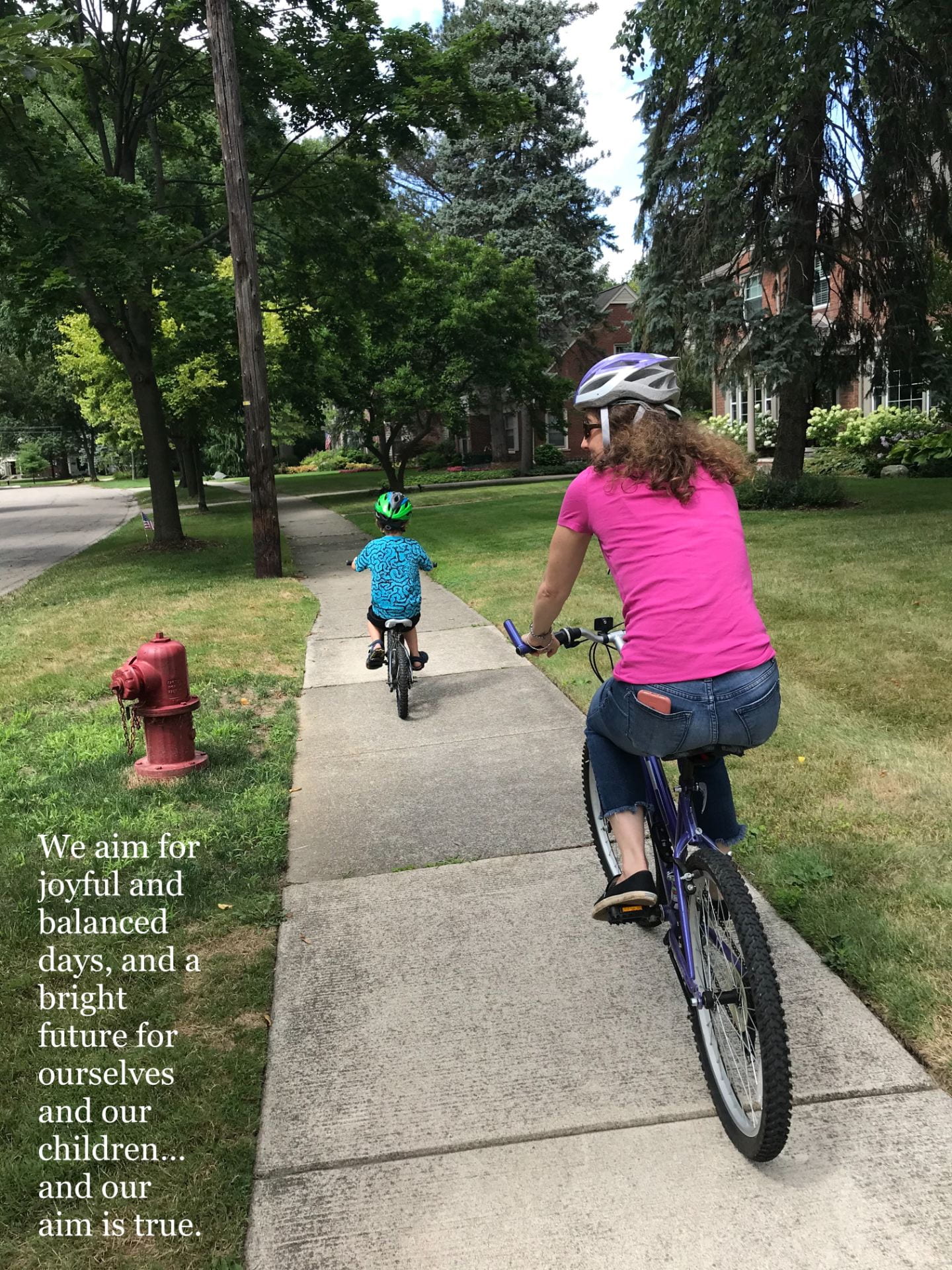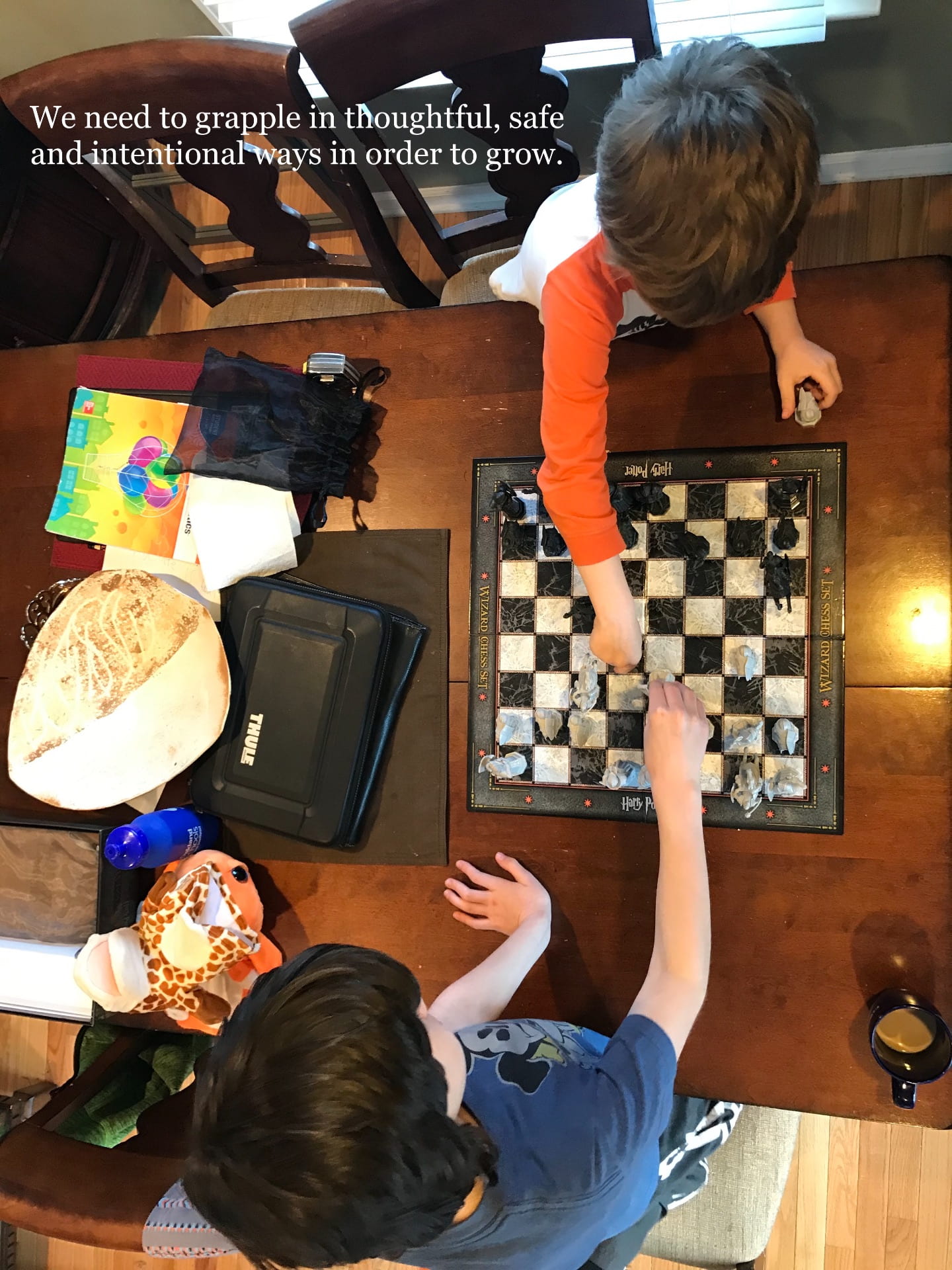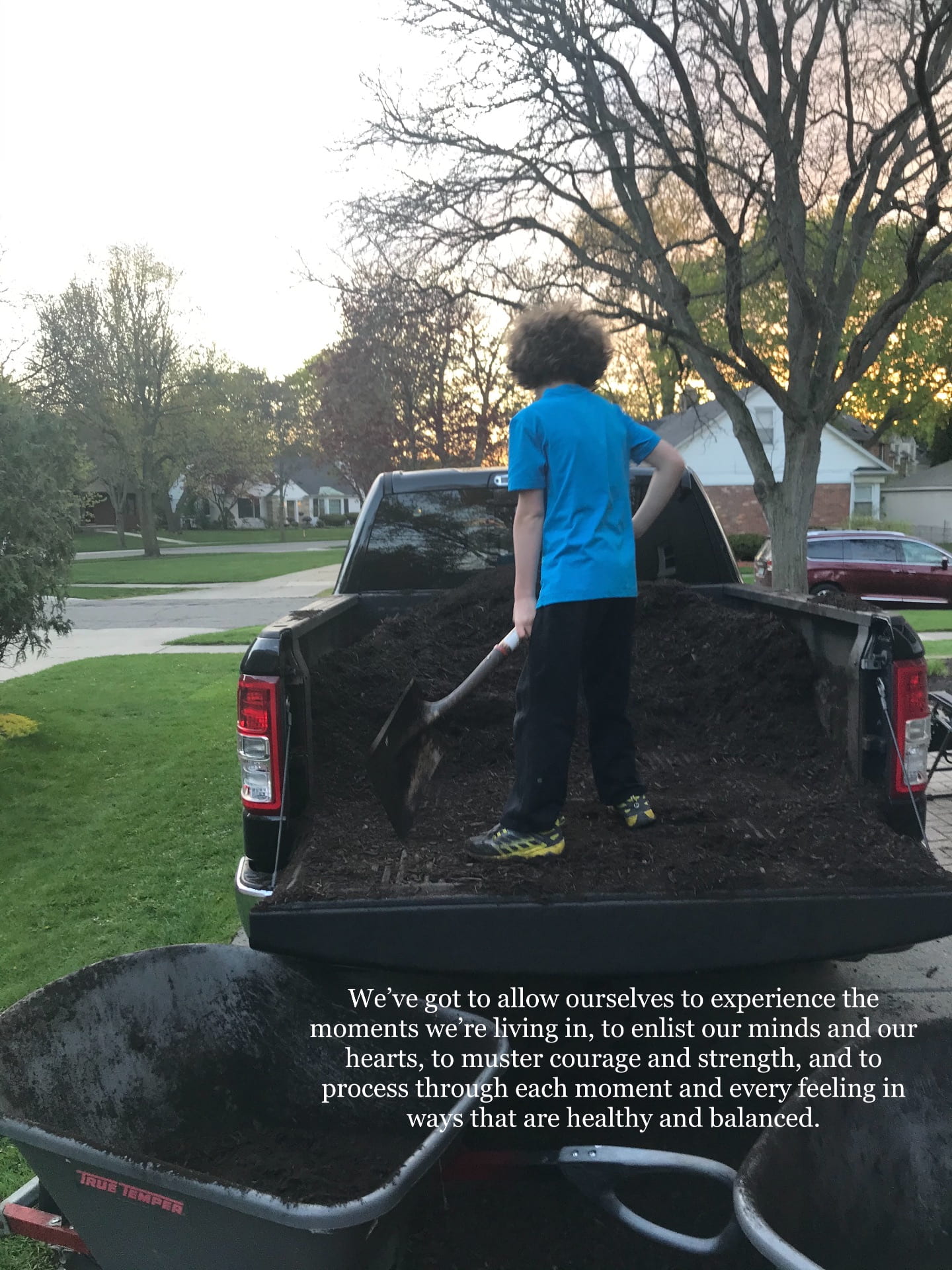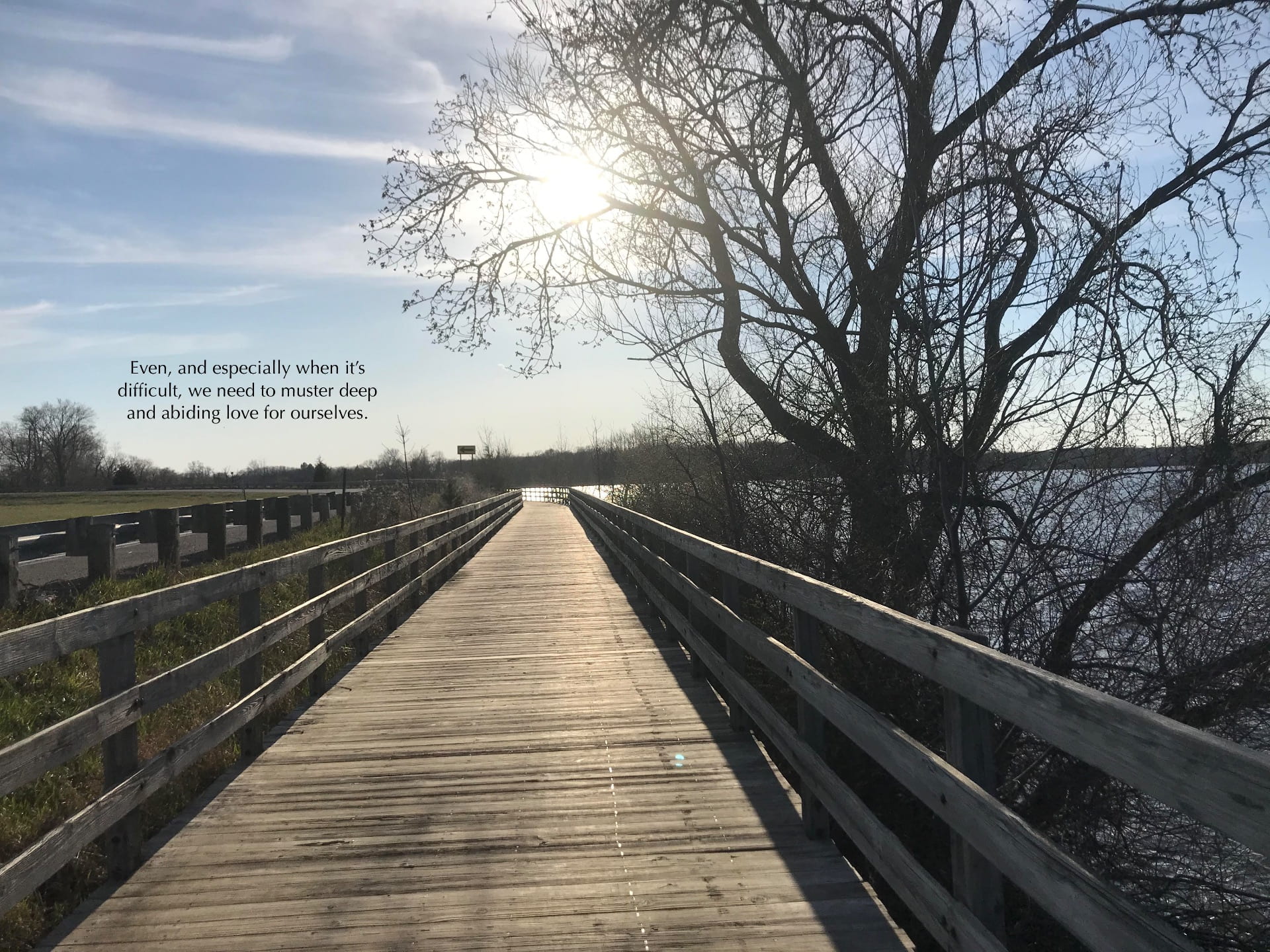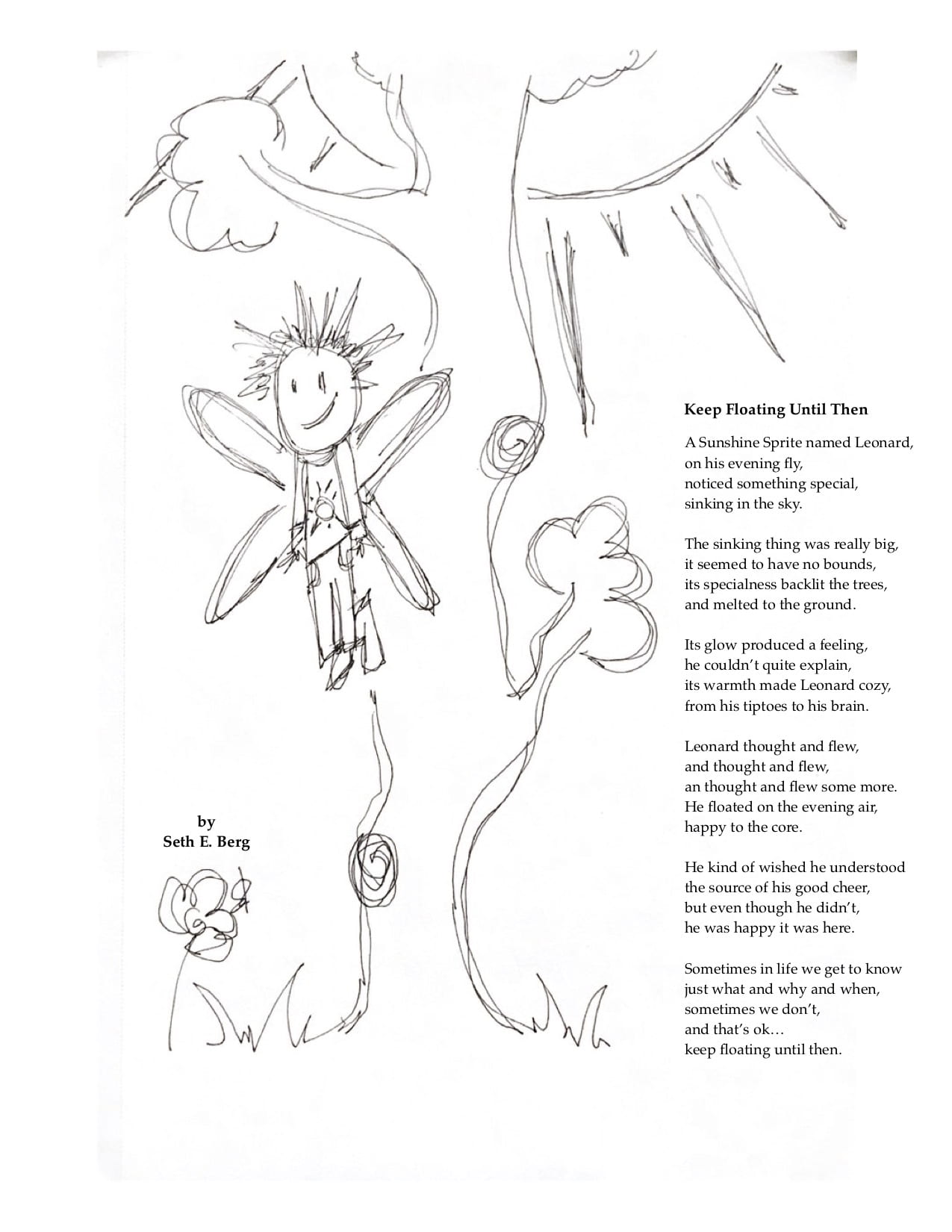4M’s: A Focus Strategy for Grace and Understanding Through Trauma
Trauma brain. We don’t necessarily walk around thinking about how we’re several months into a global health crisis with an end that’s hard to see. We know it, and we feel the impact all around us, but we don’t think about it all the time.
One of the cool things about the human condition is that we’re adaptable. We submerge ourselves in whatever reality we exist within, and to some extent, we make it our normal; our “new normal.”
If you’re like me, you didn’t imagine that these days, weeks and months after COVID 19 emerged, we’d still be so significantly embedded in a world of mitigation. I didn’t specifically think we wouldn’t be, it just didn’t cross my mind. I was taking it one day at a time, and through my foundational lens of optimism, I imagined best case scenarios every step of the way. I still do.
The fact is, optimism and all, like everyone else, I’m experiencing trauma.
Another cool thing about the human condition is that we are resilient. I’m lucky. I haven’t had to endure an unbalanced amount of trauma over the course of my life so far. That, along with the fact that I’ve been privileged, loved, and provided countless supports from the time I was I child, has enabled me to build enough resilience to feel relatively comfortable sorting through this traumatic situation.
Don’t get me wrong, I have ups and downs. I’ve experienced a range of emotions. Sometimes I’m my best self and sometimes I’m disappointed with my words and actions. Sometimes my presence is comforting to those around me and sometimes I catalyze heightened anxiety by pushing too hard for a purely positive tact or falling out of balance.
That leads me to the 4M’s strategy. It’s about grace and understanding. It’s about remembering that we’re not alone, even in relative isolation. It’s about the indelible, universal truth that when we think of others with gratitude and empathy, when we exercise compassion, when we seek to understand ourselves and those around us, when we give with hearts, and when we stay present, we create enhanced spaces for individual and collective well-being.
Missteps
We all make them. When you do, breath through it. Get your footing. Remember your humanity and the humanity of others. Give yourself the grace of forgiveness and don’t allow judgement to weigh you down. After all, judgment is usually perceived more than real, and even when it’s perceived as real by the sources, it tends to be a phantom perpetuated by fear and frustration…a misstep in and of itself.
Mindfulness
We have the power to stop time. It takes a great deal of practice. Admittedly, I have a long way to go in refining my mindfulness practice. That said, I have felt the calming impact of a truly mindful moment. I’ve experienced the release of unnecessary burdens by way of connected breathing and the letting go temporary distractions. Think of time when a wave of tranquility washed over you. Seek that feeling as frequently as possible. We are suffering in many ways, however, “We suffer more often in imagination than in reality.” – Senca, and, “You drown not by falling into a river but by staying submerged in it.” – Paulo Cohelo.
Mission
What are you about? Why do you get out of bed in the morning? We’re each living a mission. Educators muster the strength to move through space and time so that we can make a positive impact on the lives of the children we serve. That’s our mission. In times like these, it can help to turn to the mission frequently. It can provide strength and inspire courage.
Moments
Time seems fluid, but really, if you choose to view it this way, it’s a series of moments. The benefit of a “moments” world view is that we can utilize stops and starts to our advantage when it comes to well-being and positive progress. With missteps, mindfulness and mission in mind, we can take things one moment at a time. We can celebrate a series of triumphs and we can face a series of challenges. We can forgive ourselves for stumbles and keep moving forward with the knowledge that we have as many more tries as we need to get things right.
Remember, practice makes progress. No strategy is perfect, nor will any work for everyone. During this uniquely challenging time my hope is that exploring the 4M’s strategy might help you take steps in whatever direction you’re looking to go in. It’s helping me.
In it together for the kids!
Live. Love. Listen. Learn. Lead. Thanks.

